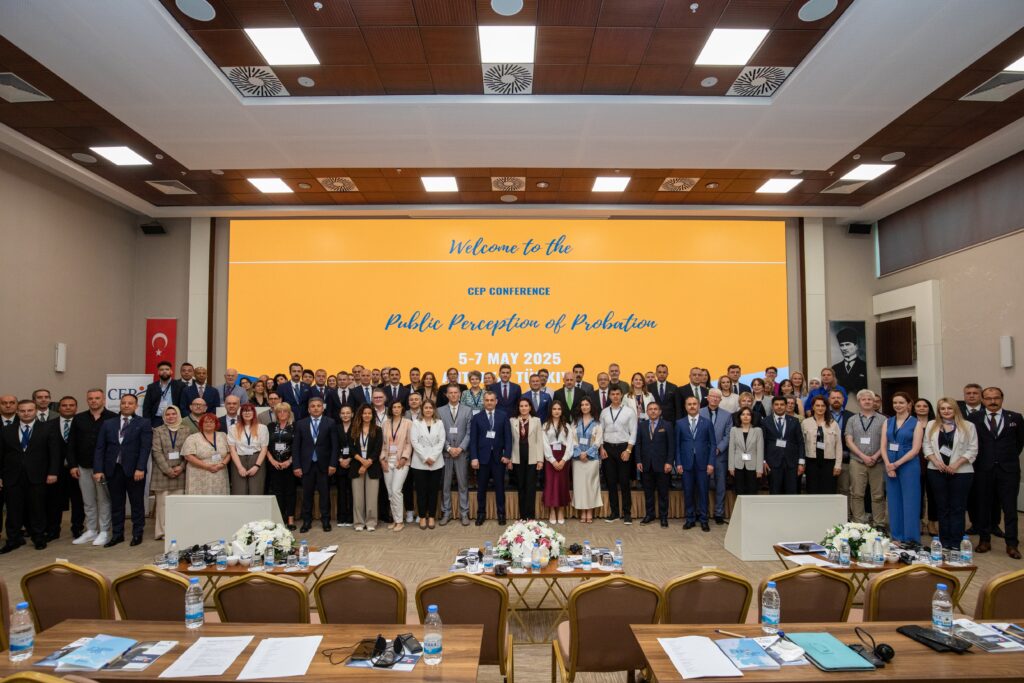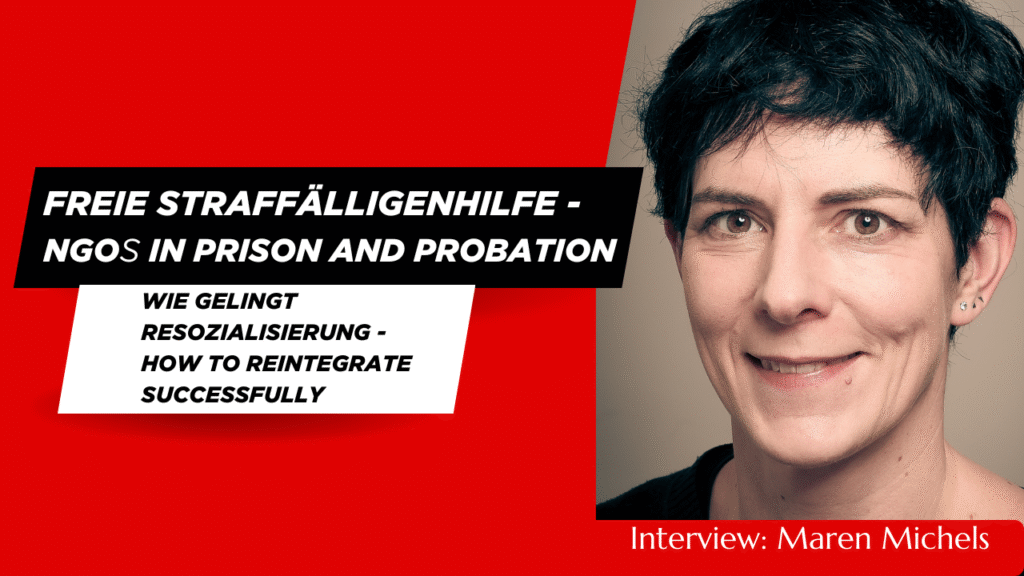Previous Article
News
“Health crisis”: Marie-Claude Salignat-Plumasseau, advisor at the French Villepinte prison
Since March 18 our prison has implemented a business continuity plan (BCP) and measures to adapt our practice in order to avoid the spread of COVID-19. The organization of the service has therefore been re-designed to best meet the requirements of the official governmental note of March 16 and 17 of this health crisis.
In the pandemic context that we are in now, our role within the prison administration remains essential and we have changed our working habits as well as adapted ourselves to the new measures.
New arrivals and interviews
When someone new comes in, we must make sure that this person has first been seen by the health unit and that there is no visible risk for the prison personnel. Likewise, during our interviews, we must systematically equip ourselves with a mask and apply all other security protocols. As for the other people under justice care, we only meet them for emergency purposes.
Maintaining family ties
We are listening to families wishing to hear from their imprisoned loved ones, and we relay messages by mail to the inmates when necessary.
Arrangement of sentences and preparation for discharge
Within the framework of the PCA, we focus in particular on detainees identified as vulnerable, those who have been sentenced for acts of domestic or spousal violence and are in the last phase of their sentence, and those who are imprisoned for acts of terrorism or likely to be radicalized.
For vulnerable people, the aim is to use all relevant legal measures to adjust the penalties and to react quickly in the event of infection with COVID 19.
For people who are at the end of their sentence or detained for only a short period, i.e. people who should be released at the end of May 2020, we offer early releases if they have a stable and safe place to go to. A telephone verification with the host of this accommodation place is essential.
For those convicted of acts of domestic and conjugal violence, the aim is to distance the offender from his victim. We know that in a period of confinement, the promiscuity of the closed door can generate tensions and the risks of violence in the family or between the couple can grow… Hence the interest to be very vigilant regarding the exit address and to expressly alert our hierarchy.
For people imprisoned for acts of terrorism or likely to be radicalized, we also remain alert when they get a sentence adjustment, additional sentence reductions or a release. We need to alert our hierarchy quickly.
We must take into account the health emergency but also public security during our interventions for a possible release. Therefore quick assessments are necessary in all cases.
Treatment of emergencies
Thus, since this confinement, our days have been punctuated by the treatment of emergencies, ie by several files combined (for example adjustment of sentence in adversarial debate and outside debate, or early release), new inmates arriving, interviews with people with psychological fragility, handling letters and telephone calls. It’s a fairly stressful time for each of us, but we continue to give our best to meet the official demands of the Justice department.
Faced with the COVID-19 epidemic which also affects prisons, and in this context of restrictions, we remain however committed to our profession and mobilized to ensure the continuity of public service in both face-to-face and teleworking.

Related News
Keep up to date with the latest developments, stories, and updates on probation from across Europe and beyond. Find relevant news and insights shaping the field today.
Recap

CEP Events, Communication and Awareness-Raising
Recap: Conference on Public Perception of Probation
06/05/2025
From 6 to 7 May, the CEP Conference on the Public Perception of Probation in Europe took place in Antalya, Türkiye, bringing together over 100 participants from more than 20 countries. The event offered space for open discussion, exchange of experiences, and practical ideas on how probation is seen and supported across Europe.
New

Probation in Europe
New Interview Online with Felix Gerike, a survivor of a knife attack
01/05/2025
What do victims of violent crime need to recover—and what can be done to prevent such attacks?
In the latest episode of Division_Y, Jo Tein, CEP board member, speaks with Felix Gerike, a survivor of the 2023 Brokstedt knife attack in Germany. Felix played a crucial role in disarming the attacker, helping to prevent further harm. He shares his personal experience, reflections on victim support, and his views on justice and policy responses to violent crime.
Probation in Europe
New Executive Summaries for the report on Building Probation Capacity in Spanish and Italian
01/05/2025
Updated

CEP Board, Probation in Europe
New Interview Online: Maren Michels – The Role of NGOs in Probation
22/04/2025
In the newest Division_Y interview, Maren Michels, director of the Hamburg Welfare Association, shares her experiences and reflects on the vital role that NGOs play in supporting people during and after incarceration.
New

CEP Events
Want to Win a CEP Award? See How Finland Did It – Apply for 2025!
22/04/2025
We’re excited to share an exclusive interview with the winners of the Development of National Probation Services Award from the CEP Awards 2022:
The Prison and Probation Service of Finland.
New

Volunteers
International Day for Community Volunteers
17/04/2025
17 April – International Day for Community Volunteers!
Today, we celebrate the inaugural International Day for Community Volunteers Supporting Offender Reintegration—a day dedicated to acknowledging the vital contributions of volunteers who assist individuals in their journey back into society.
This initiative was launched during the 2nd World Congress for Community Volunteers, held alongside the 6th World Congress on Parole and Probation in The Hague (16–18 April 2024).
At CEP, we’re proud to support the official Declaration on the International Day for Community Volunteers. We’re also actively involved in the CoPPer project—a European initiative aimed at promoting community participation in probation services. CoPPer focuses on training volunteers to support individuals under supervision, helping them access education, employment, and community connections.
A heartfelt thank you to all the community volunteers out there—your dedication makes a real difference.
Subscribe to our bi-monthly email newsletter!
"*" indicates required fields
- Keep up to date with important probation developments and insights.

